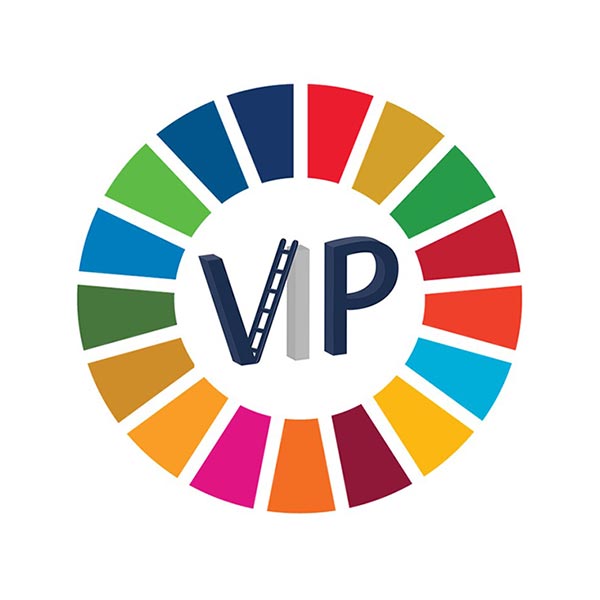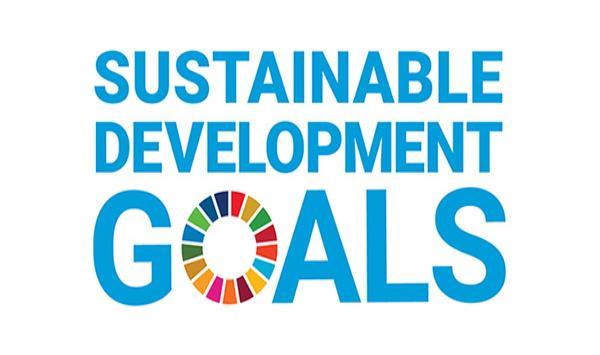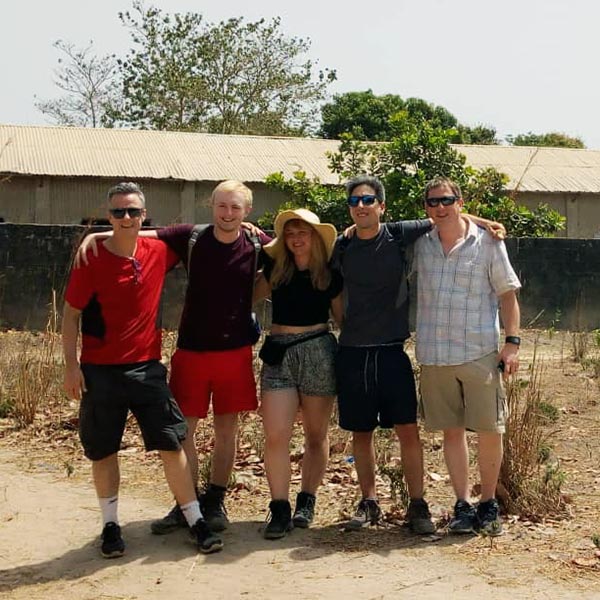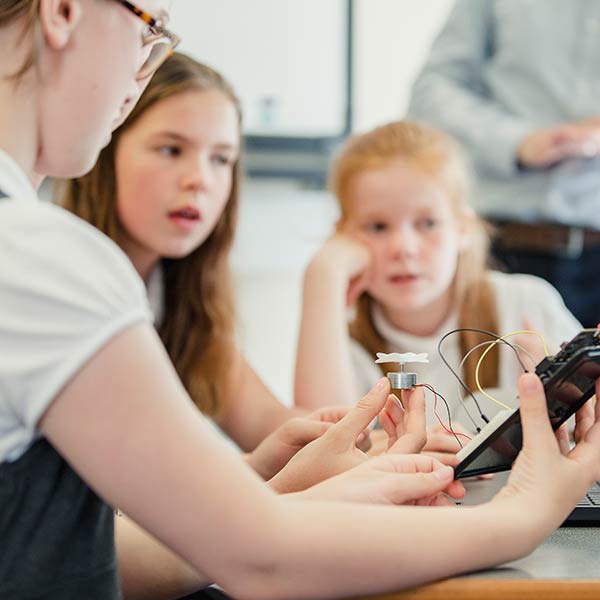
Study with usVertically Integrated Projects for Sustainable Development
-
Boost your employability & sustainability skills
-
Work in project teamsTeams include academics, postgraduate researchers & other undergraduate students
-
UN Global GoalsContribute to the Sustainable Development Goals
-
Earn credits towards your degree
Making a difference through useful learning
Strathclyde’s award-winning Vertically Integrated Projects for Sustainable Development (VIP4SD) programme is the first of its kind in UK Higher Education.
The programme represents an innovative approach to embedding research-based education for sustainable development in our curricula. It offers students the opportunity to gain academic credits by working in partnership with their peers from different disciplines and year groups, and with experienced researchers and academics, on ambitious research projects that tackle the United Nations’ Sustainable Development Goals (SDGs).
The Vertically Integrated Projects for Sustainable Development programme offers students the chance to make a difference through useful learning, ensuring they are:
Prepared for the work of the world, not just the world of work.
Sir Jonathon Porritt
The Gambia Solar Project
One example of programmes students can become involved in is The Gambia Solar Project which forms part of Strathclyde’s Vertically Integrated Projects for Sustainable Development programme.
Students have the opportunity to engage with rural communities through their research and also fit solar installations in schools that can power lights, fans, mobile phone charging, laptops and TVs.
This work helps to improve the educational experience of the school children and provide income-generating opportunities for the school.
The whole experience has really reinforced my reason for coming to university to become an engineer – to help people.
Callum Taylor, second-year student, studying Electrical and Mechanical Engineering


About the programme
Find out all you need to know about Vertically Integrated Projects for Sustainable Development programme at Strathclyde.
Our projects
View a list of our projects and find out how to apply.
International VIP Consortium
The University of Strathclyde is proud to be a part of the international VIP Consortium, which comprises over 40 higher education institutions worldwide.
Project impact
Energy for Development
To date, the Energy for Development project has completed a total of 17 solar PV installations in schools, nursing colleges and health clinics located in remote areas of The Gambia and south-east India.
The project has also developed a design tool for the optimisation of village minigrids, to be used by a minigrid developer in Kenya, and has supported ongoing Scottish Government-funded research projects centred on rural village electrification in Malawi.

Drug Discovery
This project has developed new techniques for discovering new antibiotic-producing organisms using hyperspectral imaging. The team have identified a number of novel bacterial strains that potentially make novel antibiotics, and they are now in a position to more rapidly characterise pathogens and antibiotic-producing bacteria.
WASH
This project has developed a low-cost water pump and a database and GIS tool for the identification and assessment of well sites across Malawi.
TextLab
TextLab has developed digital text analysis software and methods for the study of Shakespeare’s plays, allowing us to gain a deeper understanding of Shakespeare’s use of language. The team have developed a website aimed at schools, which is designed to introduce pupils to Shakespeare’s language and digital tools for English.
The work from this project has also been influential in Shakespeare studies and has been recognised by Shakespeare’s Globe in London.
STEM Education & Public Engagement
This project has seen a 25% increase in the argumentation skills of pupils in the primary school it worked with, which is located in one of the most deprived areas of Glasgow (decile 1 SIMD), as a direct result of STEM teaching by the VIP4SD team.

Our faculties & departments
Engineering
Humanities & Social Sciences
Science
Professional services